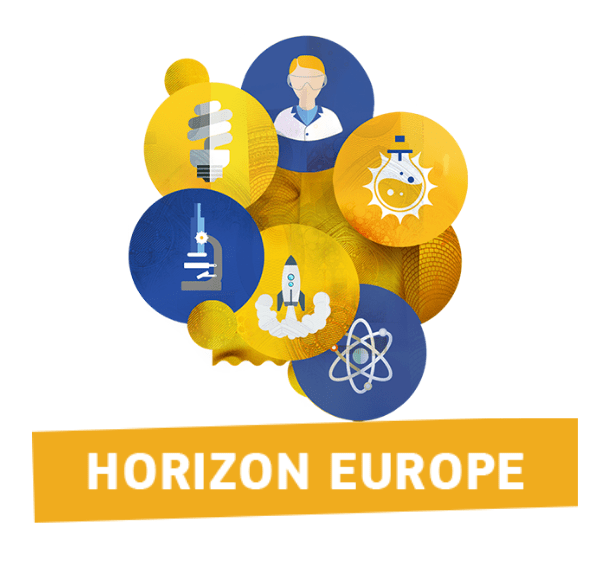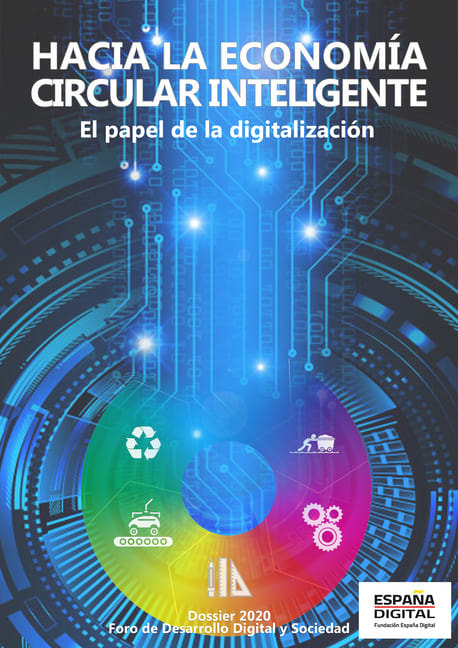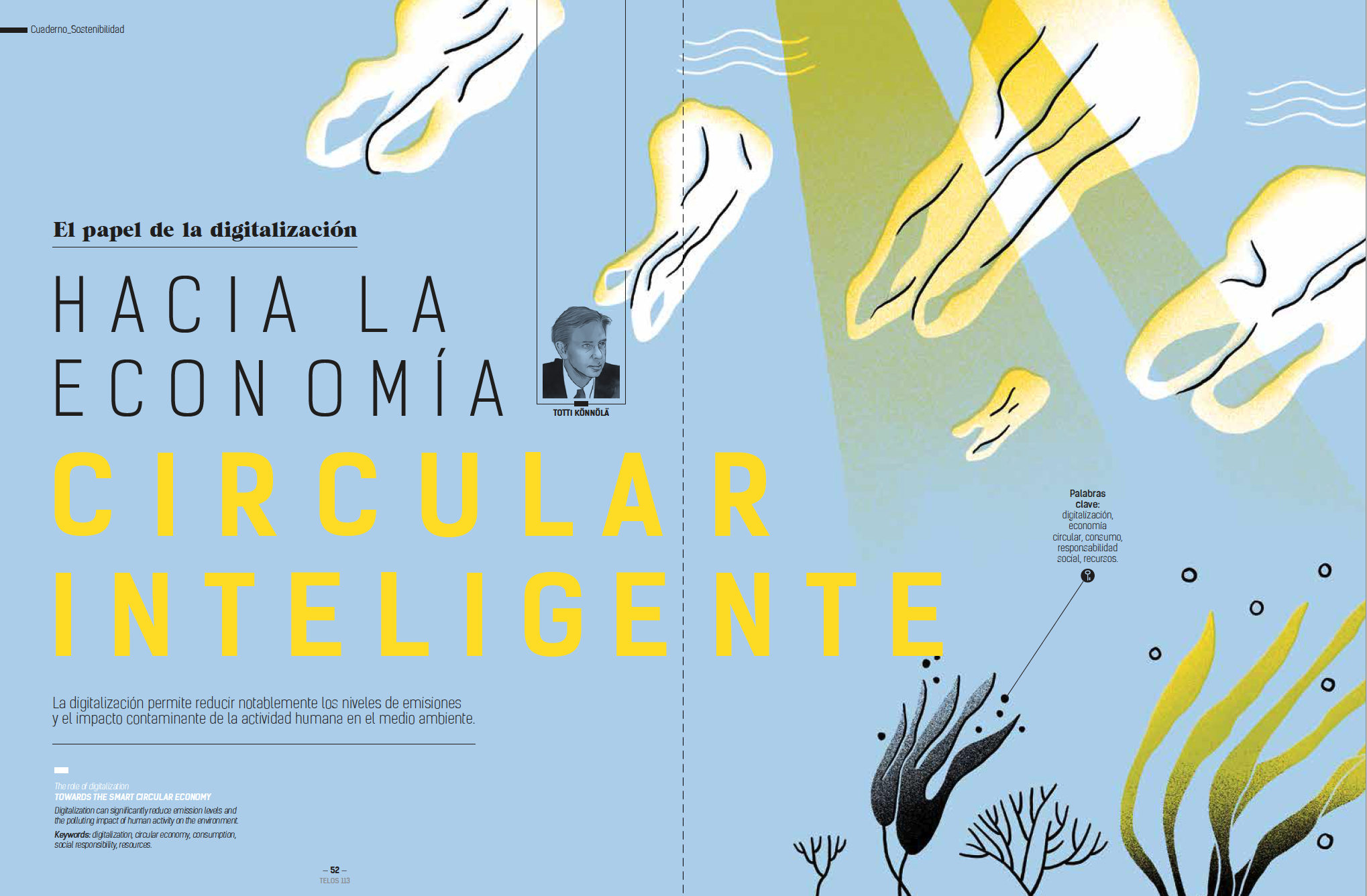Insight Foresight Institute coordinated this Foresight on Demand project for DG RTD. It aimed at providing timely foresight intelligence and forward-looking policy briefs to the European Commission for purposes of R&I policy on the following topics:
- Futures of Civic Resilience
- Futures of Green Skills and Jobs
- Futures of innovation and IP regulation
- Futures of Science for Policy in Europe
- Futures of Using Nature in Rural and Marine Contexts in Europe

This project aimed at:
- Providing timely foresight intelligence and forward-looking policy briefs to the European Commission for purposes of R&I policy on the mentioned topics.
- Providing a hub for Europe’s R&I foresight community and a space in which foresight agencies and researchers can share knowledge and tools.
- Networking EU-supported R&I projects with important foresight elements and promoting their results to policymakers, including via Horizon Futures Watch quarterly newsletters.
- Promoting broad public engagement with foresight for R&I policy, including stakeholders as well as the public and covering all sections of society, from scientists and engineers to policy-makers, artists, intellectuals and engaged citizens.
Further information
“European R&I Foresight and Public Engagement for Horizon Europe”. In European Commission: Directorate-General for Research and Innovation.




